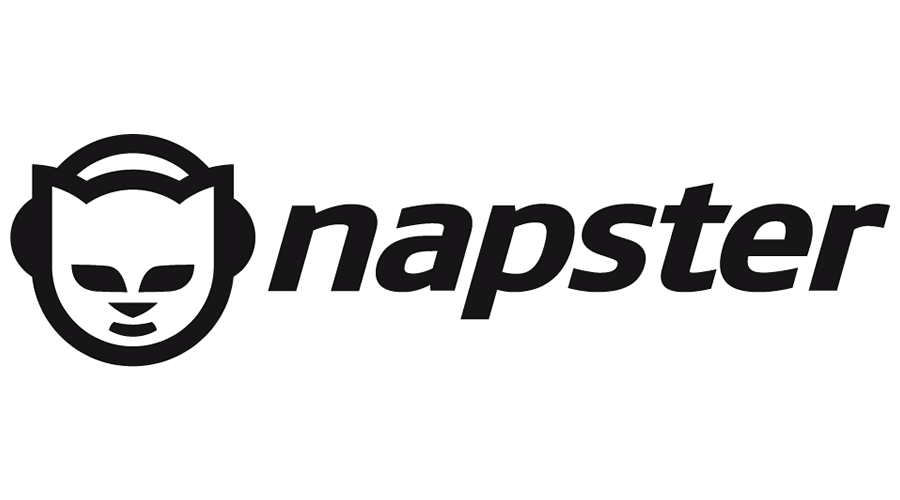MelodyVR combines VR & streaming with $70m Napster purchase

In a move that will see the combination of music streaming and live music virtual reality, British VR specialist MelodyVR is acquiring Napster for $70 million.
Napster, the original music disrupter, launched in 1999 with illegal downloads as the biz model turned digital, and now licenses tracks to consumers and businesses under current 84% owner RealNetworks.
Last year, Napster generated 10.8 billion streams and revenues of $113 million.
The two-year-old MelodyVR films and streams gigs on virtual reality headsets, with users paying via its smartphone app.
Worth £76 million (A$138.9 million) its business has skyrocketed globally since the pandemic lockdown, quickly setting up safe studios in London and Los Angeles to boost more business with high profile acts.
The plan is to increase demand for its app by adding Napster’s 90 million catalogues.
In making the announcement about the buy-out, MelodyVR chief executive Anthony Matchett explained why it was a game-changer.
“MelodyVR’s acquisition of Napster will result in the development of the first ever music entertainment platform which combines immersive visual content and music streaming,” he said.
“For music fans today, live and recorded music are intrinsically linked.
“We are as keen to see our favourite artists perform live as we are to listen to their albums.
“Our purchase of Napster, one of the music industry’s original disruptors, is born out of our wish to deliver the world’s foremost music experience, available seamlessly across audio and visual media and in turn presenting a truly next generation music service.”

Napster CEO Bill Patrizio agreed: “This is a tremendous outcome for two organisations with complementary platforms and loyal audiences, and we could not be more excited to be moving forward as one company.
“The product, technology and cultural synergies of Napster and MelodyVR will bring tremendous innovation for music lovers, artists and the entire music industry.
“Good things come from being together, and we look forward to creating a powerful platform that combines our strengths and offers an even wider range of content to consumers, creators and advertisers.”
VR has been edging to a mainstream breakthrough since 2014, although held back by cost and support.
It may have been seen as socially isolating, but this year took on opposite status, bringing friends and communities boisterously together over a shared experience as music clubs and stadiums remained empty.
The potential for growth during the pandemic is enormous, as “live” and “technology” expand to musicals, theatres and sports with value-added experiences and new way of monetising livestreaming being tested.






























